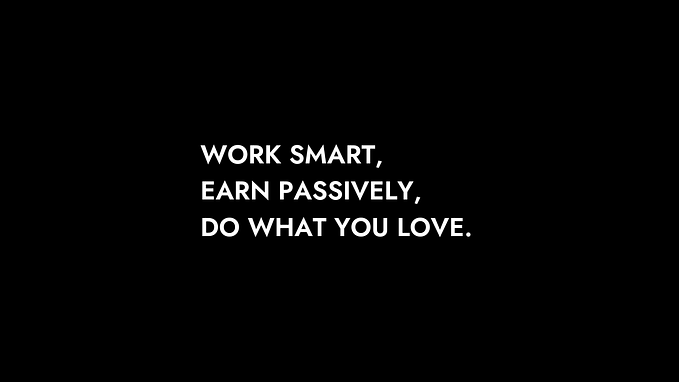Member-only story
The Ethics of AI: Can Machines Be Moral?
Less than a century ago, Artificial intelligence (AI) was something we could find in science fiction stories. Still, from virtual assistance to algorithms that influence decision-making in healthcare, finance, and law enforcement, AI is becoming an integral part of our lives. But as these systems are growing more powerful, we are left with scratching heads answering some tough questions:
How moral are these machines? Or can they be one?
What does it mean for a machine to make decisions on its own?
How do we deal with the biases that are baked into AI?
And who’s to blame when things go wrong?
Let's start with this: What Does It Mean to Be Moral?
Morality, a set of principles or rules that guide our behavior, is rooted in our cultural, religious, and philosophical beliefs. It pertains to knowing right from wrong, justice, and virtue. The challenge is that morality is tied to human consciousness and empathy – qualities machines lack.
Philosophers like Immanuel Kant contend that to be moral; you need autonomy and rationality, things AI can mimic pretty well through complex programming and machine learning. However, others, like David Hume, believe emotions and empathy are fundamental to moral decisions. He further asserts that since machines lack feelings, they fall short of being truthfully moral, even if they can act rationally.
Can AI Make Ethical Decisions on Its Own?
The AI’s ability to make decisions without human input opens up numerous ethical questions. Self-driving cars, for instance, tend to make instant decisions in split seconds that could mean life or death. So, when it comes to making instantaneous decisions, Should the car prioritize the safety of its passengers or the pedestrians outside? These real moral dilemmas aren’t easy to program into a machine.
Isaac Asimov tried to tackle this with his Three Laws of Robotics. He designed these laws to keep robots acting ethically. However, real-world scenarios are not as straightforward. They are by far more complicated than any set of rules can cover. The real challenge is designing AI that can handle these complexities in ways that match our…







